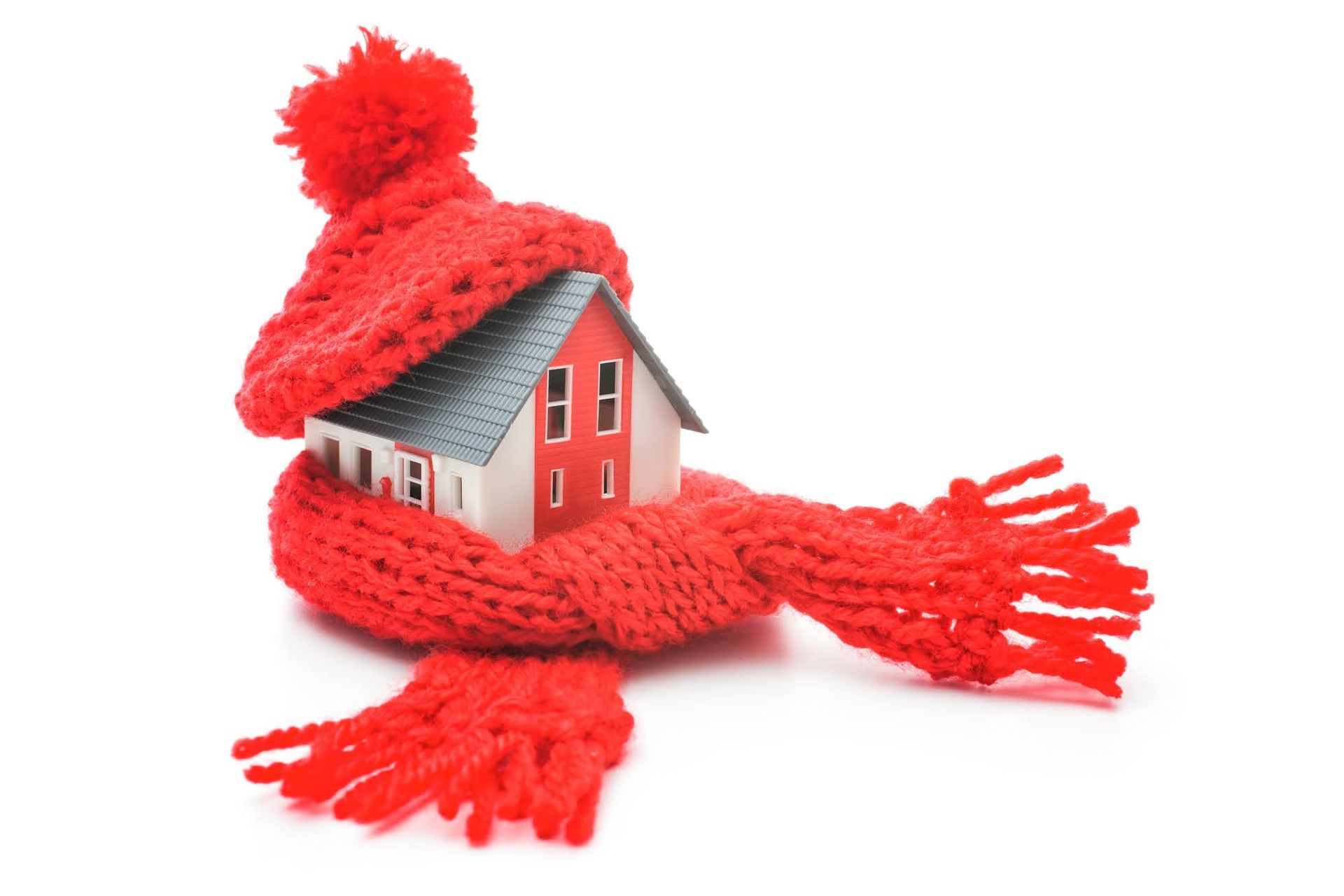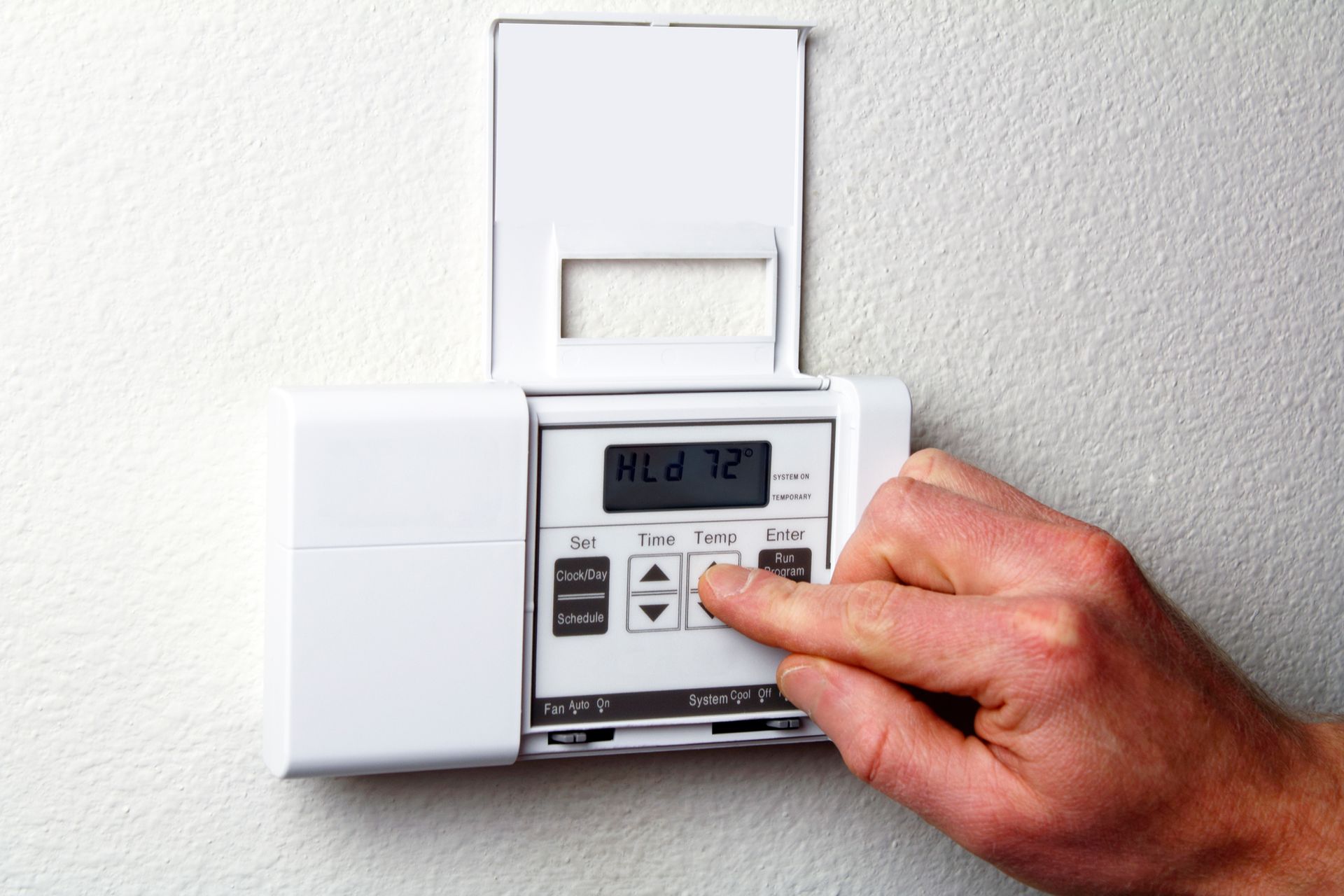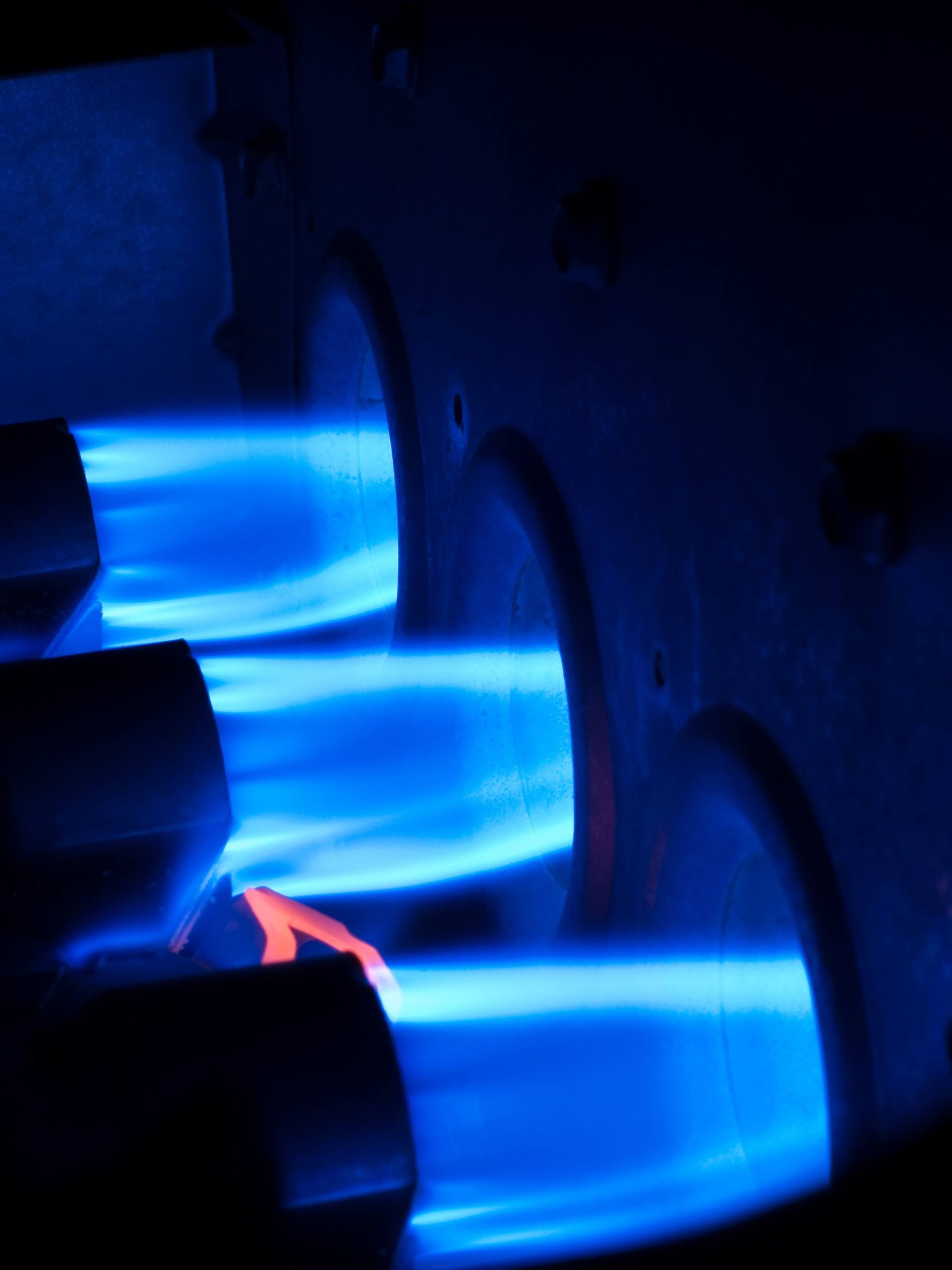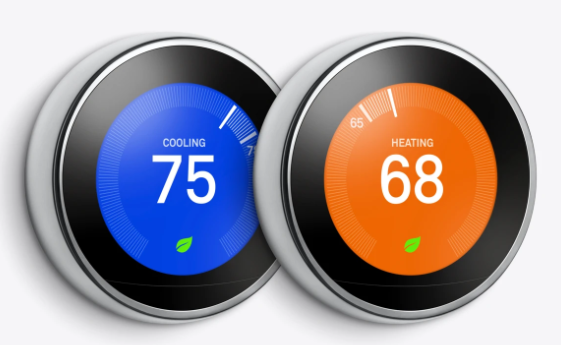AC Systems and the Energy Star Label
What is Energy Star and what does it have to do with your air conditioner? Whether you want to learn more about your current AC system or you're in the market for a new air conditioner, take a look at what homeowners need to know about energy efficiency and the Energy Star standard.
What Does the Energy Star Designation Mean?
You can find Energy Star labels on air conditioners and other appliances that use energy (electricity) as a fuel source. This symbol is only on products that meet the U.S. Environmental Protection Agency's (EPA) energy efficiency guidelines. According to the Energy Star website, central air conditioning systems that meet these EPA standards have a higher energy efficiency ratio (EER) and seasonal energy efficiency ratio (SEER) than other cooling appliances.
How Much Electricity Do AC Systems Use?
The answer to this question depends on a few factors. These include the type of cooling system (central AC, mini-split ductless systems, or window air conditioners), the age of the air conditioner, how much you use it, the temperature you set the system to reach, the amount of wear on the system, the quality of the system, the installation, the size of the system, and the climate you live in.
Each year, Americans spend nearly $29 billion on electricity to power AC systems, according to the U.S. Department of Energy. This equals six percent of all the electricity the United States produces annually. Even though your electricity bills aren't in the billions, your share of energy use could take up the bulk of your household's utility budget. This makes choosing an energy-efficient (and Energy Star) cooling appliance important.
Do Energy Star Air Conditioners Really Use Less Electricity?
Yes, Energy Star-certified systems do use less electricity than conventional (non-certified) air conditioners. Not only does the higher efficiency level help the environment (by using fewer natural resources to create and distribute electricity), but it can save you money on utility bills and may even extend the life of your new air conditioner. The less energy your system uses, the lighter the workload. This can decrease wear and tear and reduce the risks of damage.
How Do You Know If You Have an Energy Star Cooling Appliance?
Look for the Energy Star symbol on the outside of your air conditioner. If you're not sure whether your existing unit is Energy Star–certified or if the criteria have changed over the years (for older AC systems), talk to a professional. A qualified, licensed HVAC contractor can help you to learn more about your system's energy efficiency.
Are Central AC Systems the Only Energy Star Cooling Options?
No, central systems are not the only cooling products that could meet the EPA's Energy Star standards. Window units and ductless mini-split air conditioners can also have the Energy Star designation.
Which Energy Star Cooling Product Is the Best Choice?
There isn't one best Energy Star–certified air conditioner for every household. If you're in the market for a new cooling system, the first step is to learn more about which type of unit best matches your home's needs. While a new central system is ideal for homes with air ducts, this type of air conditioner won't work well if you have radiator heat.
If your home doesn't already have ducts and you don't want to pay extra for this type of upgrade, a mini-split ductless air conditioner is an option to explore. These appliances are available in Energy Star–certified models and will not require the contractor to break through walls or install a labyrinth of air ducts throughout your home.
Are you ready to install a new AC system or upgrade the existing air conditioner in your home? Contact Alexander Plumbing, Heating & Air Conditioning. Inc., for more information.






Financing by Wells Fargo. Call for more details.
Like Us On:
Home Improvement #13VH04346700







